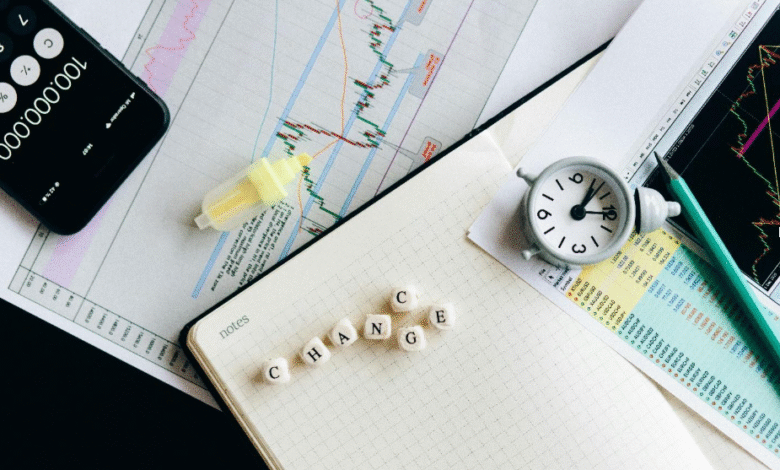5 Common Mistakes Beginner Forex Traders Make

Starting your forex trading journey can feel overwhelming. With so many strategies, indicators, and market movements to track, new traders often stumble into predictable traps. These mistakes cost money and confidence, but they’re entirely avoidable once you know what to watch for.
Most beginners make similar errors regardless of their background or initial capital. The good news? Learning from these common pitfalls can save you significant losses and accelerate your path to consistent profitability.
Let’s examine the five most frequent mistakes new traders make and how to avoid them.
Lack of a Trading Plan
Many beginners jump into forex without a clear roadmap. They might understand what is forex, but they lack specific rules for entering and exiting positions. This approach turns trading into gambling rather than strategic investing.
A proper trading plan outlines your risk tolerance, preferred currency pairs, trading hours, and profit targets. It defines exactly when you’ll enter trades and when you’ll exit, regardless of emotions or market noise. Without this structure, you’re making decisions based on impulse rather than logic.
Overleveraging
Leverage amplifies both profits and losses, making it a double-edged sword for beginners. Many new traders get seduced by the potential for massive gains and use far too much leverage on their positions.
High leverage might seem attractive when trades move in your favor, but it creates enormous risk when markets move against you. A small adverse price movement can wipe out your entire account when you’re overleveraged. Professional traders typically use much less leverage than beginners assume.
Neglecting Risk Management
Risk management might sound boring, but it’s what separates successful traders from those who blow up their accounts. New traders often focus entirely on finding winning trades while ignoring the importance of controlling losses.
Effective risk management involves several key elements:
- Setting stop losses on every trade before you enter
- Never risking more than 1-2% of your account on a single trade
- Diversifying across different currency pairs and timeframes
- Maintaining proper position sizing based on volatility
Insufficient Education
Forex markets are complex, influenced by economic data, central bank policies, and global events. Many beginners underestimate the learning curve required to trade successfully. They might watch a few YouTube videos or read a quick article, then jump into live trading with real money.
This approach almost guarantees failure. Successful trading requires understanding technical analysis, fundamental analysis, market psychology, and risk management. Each of these areas takes time to master, and they work together to create profitable strategies.
Invest in your education before investing significant capital. Use demo accounts to practice without financial risk. Read books written by successful traders. Study economic calendars and learn how different news events affect currency prices.
Emotional Trading
Fear and greed destroy more trading accounts than any technical mistake. When positions move against them, beginners often panic and close trades too early. When trades move in their favor, they get greedy and hold too long, watching profits evaporate.
Successful trading requires emotional detachment from individual positions. Each trade is simply a probability play with predetermined risk and reward parameters. Whether you win or lose on any single trade is irrelevant to your long-term success.
Develop specific rules for managing emotions. Take breaks after significant losses. Don’t trade when you’re angry, stressed, or euphoric.





